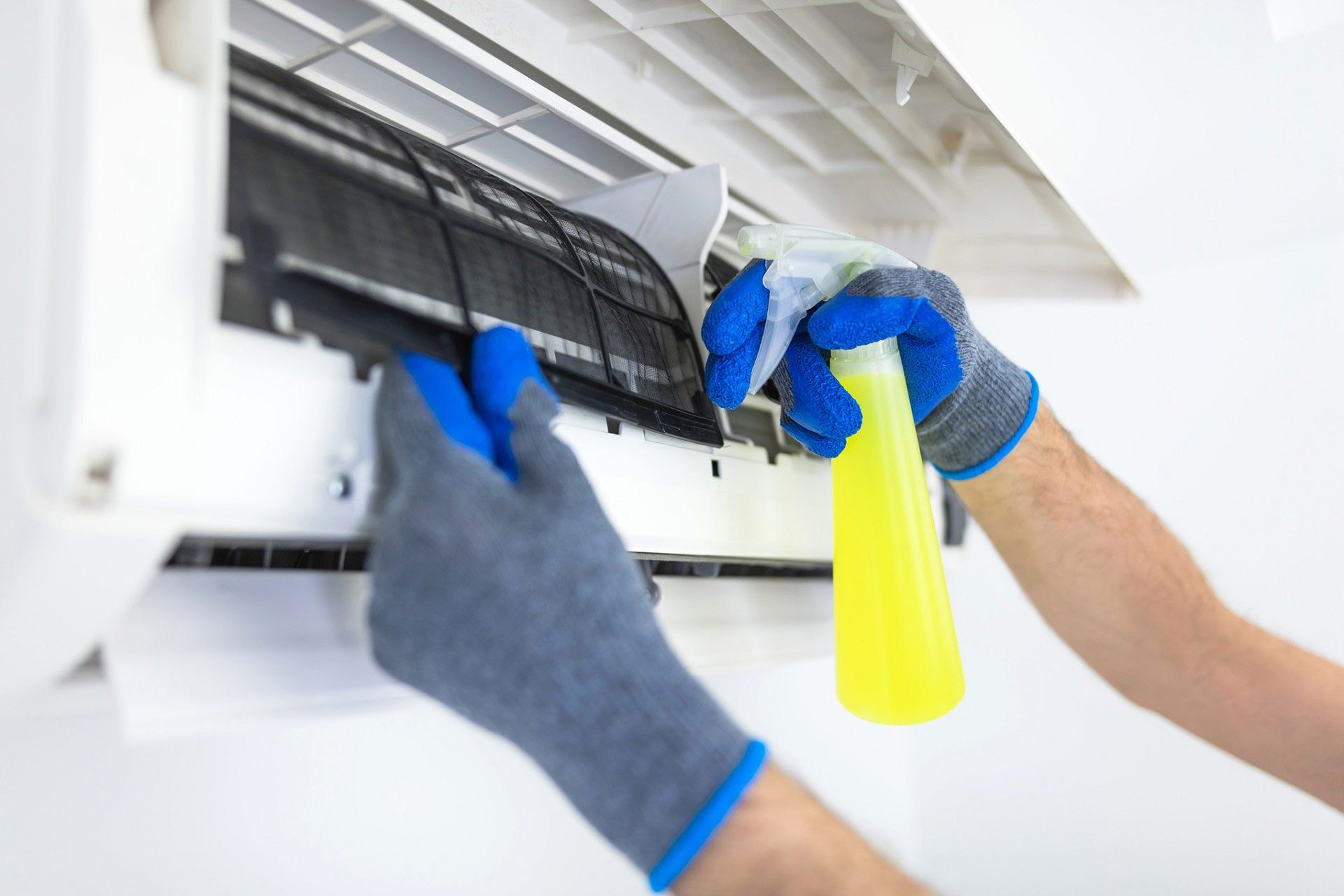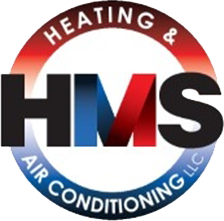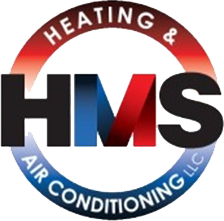Winter is Coming, Is your HVAC system ready?
Fall is here… Winter is coming… will you be warm and comfortable through it all? A properly running HVAC system can mean the difference between comfort and discomfort in your home. After all, you invested in a furnace or HVAC system so the following article will help you maximize your investment. You can enjoy a warm, worry-free home through the fall and winter when you use these tips to maintain your HVAC system.
Locate all the vent and air exchange covers in your home and ensure they are free of dust and debris, and are not blocked by furniture or large objects. This will help to keep dust from blowing around your home and also make sure proper air flow and consistent heat to each room.
Clean and/or replace your HVAC filters regularly (as often as is recommended by the furnace manufacturer or your HVAC installing expert).
Have your ducts cleaned regularly. Before winter is a great time to have them cleaned because the windows will be closed for winter so you won’t get new dust and debris coming in. Vacuum your home around the same time to eliminate any dust that is currently outside of the ductwork, to keep it from cycling back in.
Test your HVAC system before you need it. Run your system and listen for unusual sounds or smells.
You’ll want to do this for two reasons.
- First, you might notice a very slight burning smell as a small amount of dust burns off of the heating unit, so it’s nice to be able to open the windows and air that out. (Note: the burning smell should disappear quickly. If it persists or is very strong, shut your HVAC unit down and call an HVAC expert right away.)
- Second, testing your HVAC system before you need it means that if there is a problem, you can get it fixed right away instead of being uncomfortably cold while the system is being repaired!
If you try running your HVAC system and it doesn’t turn on, look at the following things first:
- Is your HVAC unit plugged in?
- Did you check the circuit breakers to make sure they are in the correct position?
- Do the batteries need to be changed in your thermostat?
These 3 simple steps could be the difference between an HVAC system that works and one that doesn’t.
If your HVAC unit has pipes that connect to the outside of your house (such as exhaust and fresh air intake pipes), make sure they are clear of debris and not blocked by anything.
If you need to call an HVAC professional, check the brand name and model number of your HVAC unit and have it ready when you call. This will help them understand the situation better even before they arrive at your home.
Summary
With the colder weather on its way, it’s important to make sure that your home is safe and comfortable for your family. That means making sure your HVAC system is running the way you want it to run. Use these tips and ideas to help you have a more comfortable home for your family.



About Us
HMS Heating and Air Conditioning is a veteran owned company, founded by Gary Hays on the principles of serving his community professionally with honesty and integrity, providing indoor comfort, and doing so at a reasonable price.
Our Services
Contact Information
Our Location: Krugerville, TX 76227
Phone: (940) 222-9313
Business Hours: 8am-6pm, emergency service available
All Rights Reserved | HMS Heating & Air Conditioning LLC


